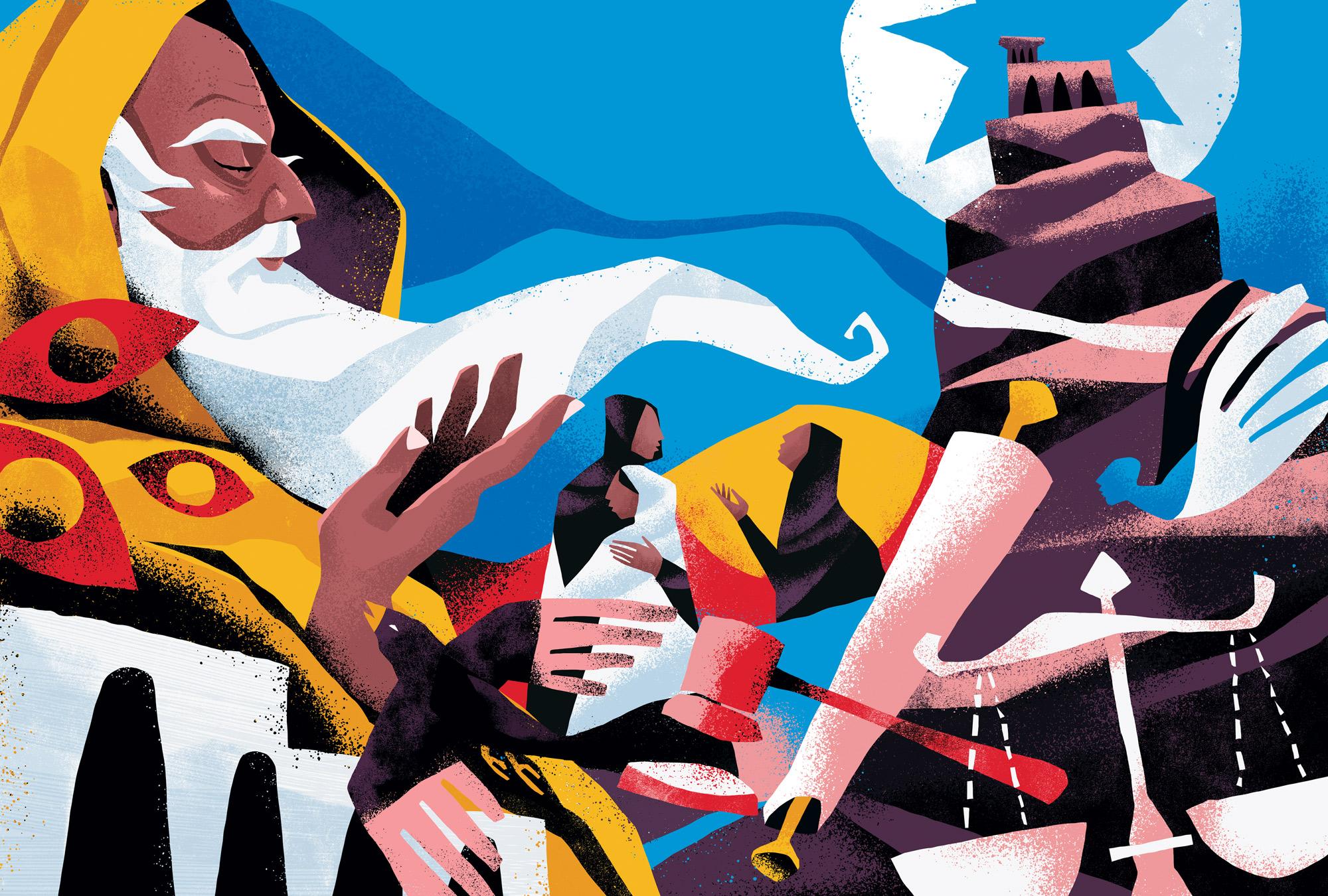Share As A Gift
Share a paywall-free link to this article.
This feature is only available for subscribers.
Start your subscription for as low as $4.95. Already a subscriber?

Illustration by Thiago Límon
IN 1991, FOUR Los Angeles police officers beat Rodney King, a 25-year-old African American man, nearly to death. It was caught on video. All the officers were acquitted of assault with a deadly weapon. The acquittals were followed by six days of rebellion with more than 50 associated deaths. At that time, I and many other white Christians fixated on our desire to see “peace” restored. Even in the face of graphic police brutality, I was unable to see the pernicious racial injustice that created the context for the riots. The white Christianity of my upbringing did not equip me with a biblical lens through which to discern the truth about racial injustice in the U.S. It would be nearly a full decade before I could finally begin to perceive it.
Nevertheless, in light of the role white Christian nationalists played in the Jan.6 riot, the number of pastors who preach against Black Lives Matter and critical race theory, and the deafening silence and stubborn inaction of many white Christians in the face of explicit cries for racial justice, I have to ask: Will this generation of white American Christians be just another in the long line to embolden racial injustice?
Where do we turn to find hope, inspiration, and guidance to help white Christians finally commit to our God-given vocation to do justice instead of holding tightly to our idolatrous commitment to white supremacy? I look to the little-known biblical prophet Zechariah and how he called a generation returned from exile to live out God’s call to do justice.

Got something to say about what you're reading? We value your feedback!